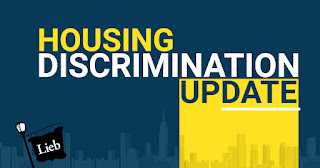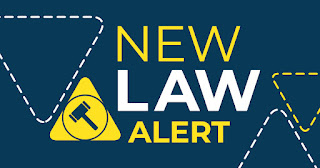As of July 16, 2021, discrimination victims need not have their discrimination complaints notarized before filing them with the NYS Division of Human Rights, per a change to Executive Law 297(1).
This applies to both victims of employment discrimination and housing discrimination.
According to the laws justification, the notarization requirement "discourage[d] people from filing complaints" and the Division nonetheless received over 6,000 complaints annually.
How many complaints will the Division receive now?
Do you think that this new law makes sense?
Does it matter if a document is notarized?
Shouldn't preventing discrimination be as easy as pie?

















